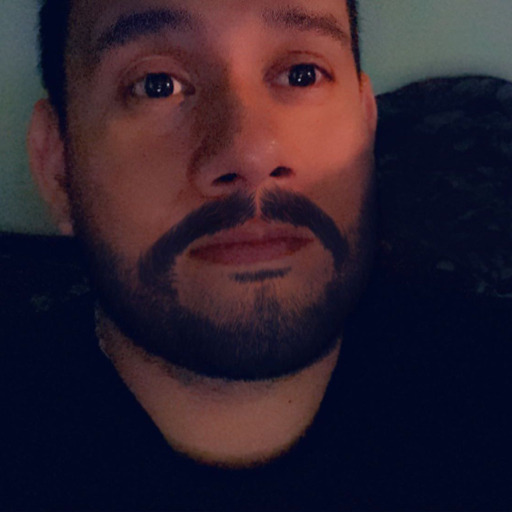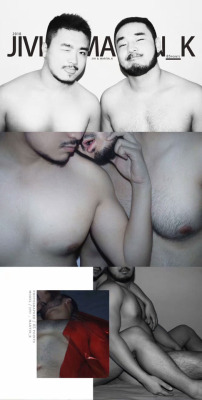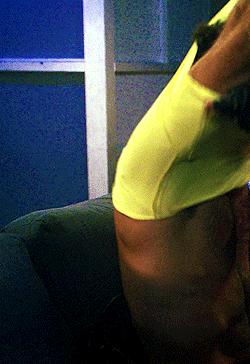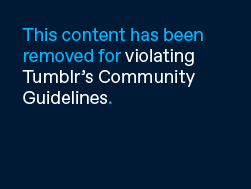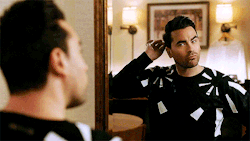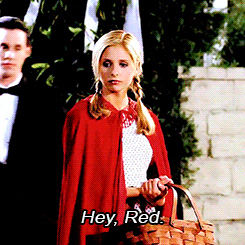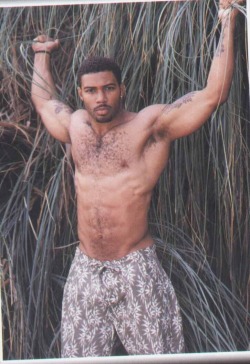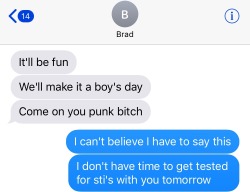pockypuck: “It’s all right. I forgive you.” When I was a child, I didn’t question this scene. The unicorn didn’t know what she’d done (and really, how could she), but Molly was hurting, and if she wanted to forgive her then the unicorn would

pockypuck: “It’s all right. I forgive you.” When I was a child, I didn’t question this scene. The unicorn didn’t know what she’d done (and really, how could she), but Molly was hurting, and if she wanted to forgive her then the unicorn would

pockypuck: “It’s all right. I forgive you.” When I was a child, I didn’t question this scene. The unicorn didn’t know what she’d done (and really, how could she), but Molly was hurting, and if she wanted to forgive her then the unicorn would

pockypuck: “It’s all right. I forgive you.” When I was a child, I didn’t question this scene. The unicorn didn’t know what she’d done (and really, how could she), but Molly was hurting, and if she wanted to forgive her then the unicorn would

pockypuck: “It’s all right. I forgive you.” When I was a child, I didn’t question this scene. The unicorn didn’t know what she’d done (and really, how could she), but Molly was hurting, and if she wanted to forgive her then the unicorn would

pockypuck: “It’s all right. I forgive you.” When I was a child, I didn’t question this scene. The unicorn didn’t know what she’d done (and really, how could she), but Molly was hurting, and if she wanted to forgive her then the unicorn would

pockypuck: “It’s all right. I forgive you.” When I was a child, I didn’t question this scene. The unicorn didn’t know what she’d done (and really, how could she), but Molly was hurting, and if she wanted to forgive her then the unicorn would

pockypuck: “It’s all right. I forgive you.” When I was a child, I didn’t question this scene. The unicorn didn’t know what she’d done (and really, how could she), but Molly was hurting, and if she wanted to forgive her then the unicorn would

pockypuck: “It’s all right. I forgive you.” When I was a child, I didn’t question this scene. The unicorn didn’t know what she’d done (and really, how could she), but Molly was hurting, and if she wanted to forgive her then the unicorn would

pockypuck: “It’s all right. I forgive you.” When I was a child, I didn’t question this scene. The unicorn didn’t know what she’d done (and really, how could she), but Molly was hurting, and if she wanted to forgive her then the unicorn would

pockypuck: “It’s all right. I forgive you.” When I was a child, I didn’t question this scene. The unicorn didn’t know what she’d done (and really, how could she), but Molly was hurting, and if she wanted to forgive her then the unicorn would

pockypuck: “It’s all right. I forgive you.” When I was a child, I didn’t question this scene. The unicorn didn’t know what she’d done (and really, how could she), but Molly was hurting, and if she wanted to forgive her then the unicorn would

pockypuck: “It’s all right. I forgive you.” When I was a child, I didn’t question this scene. The unicorn didn’t know what she’d done (and really, how could she), but Molly was hurting, and if she wanted to forgive her then the unicorn would

pockypuck: “It’s all right. I forgive you.” When I was a child, I didn’t question this scene. The unicorn didn’t know what she’d done (and really, how could she), but Molly was hurting, and if she wanted to forgive her then the unicorn would

pockypuck: “It’s all right. I forgive you.” When I was a child, I didn’t question this scene. The unicorn didn’t know what she’d done (and really, how could she), but Molly was hurting, and if she wanted to forgive her then the unicorn would

pockypuck: “It’s all right. I forgive you.” When I was a child, I didn’t question this scene. The unicorn didn’t know what she’d done (and really, how could she), but Molly was hurting, and if she wanted to forgive her then the unicorn would

pockypuck: “It’s all right. I forgive you.” When I was a child, I didn’t question this scene. The unicorn didn’t know what she’d done (and really, how could she), but Molly was hurting, and if she wanted to forgive her then the unicorn would

pockypuck: “It’s all right. I forgive you.” When I was a child, I didn’t question this scene. The unicorn didn’t know what she’d done (and really, how could she), but Molly was hurting, and if she wanted to forgive her then the unicorn would

pockypuck: “It’s all right. I forgive you.” When I was a child, I didn’t question this scene. The unicorn didn’t know what she’d done (and really, how could she), but Molly was hurting, and if she wanted to forgive her then the unicorn would

pockypuck: “It’s all right. I forgive you.” When I was a child, I didn’t question this scene. The unicorn didn’t know what she’d done (and really, how could she), but Molly was hurting, and if she wanted to forgive her then the unicorn would

pockypuck: “It’s all right. I forgive you.” When I was a child, I didn’t question this scene. The unicorn didn’t know what she’d done (and really, how could she), but Molly was hurting, and if she wanted to forgive her then the unicorn would

